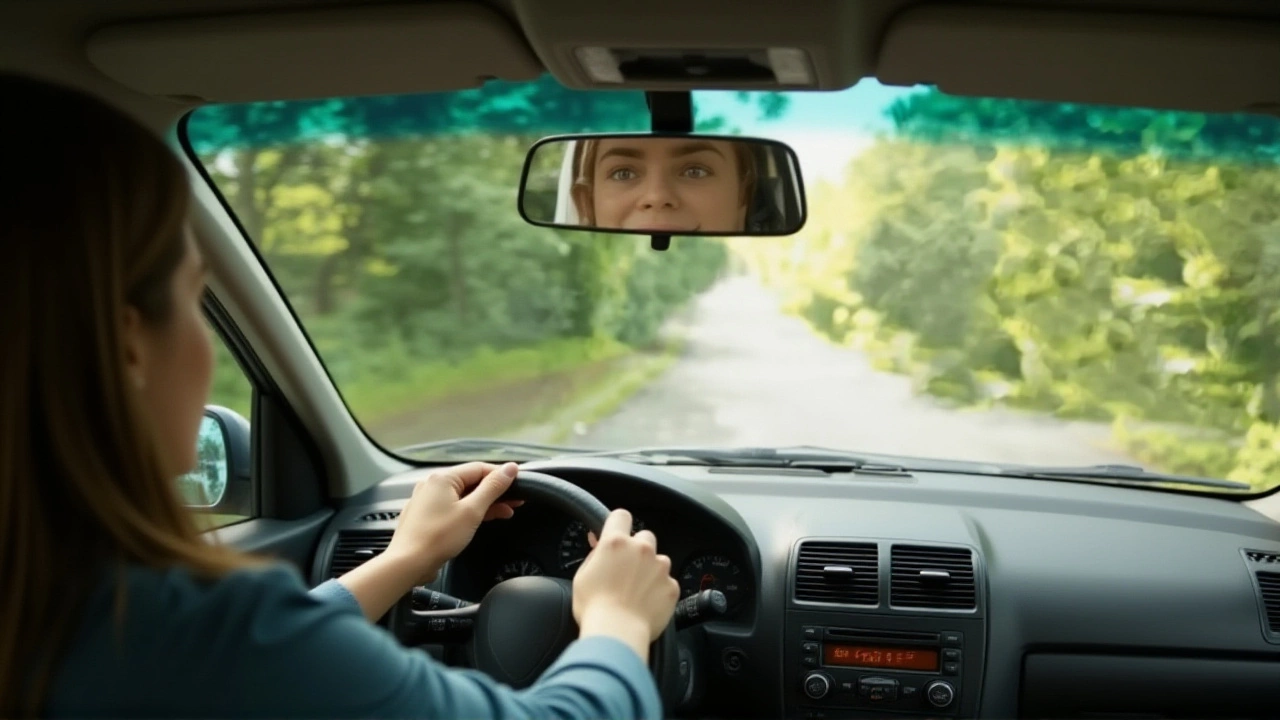
DVLA Blocks 3,400 Offensive Number Plate Combos for 2025 Series
The DVLA blocked over 3,400 offensive number plate combos for the 2025 series, targeting war, sexual, drug, and ableist references to keep UK roads respectful.
When you hear DVLA, the Driver and Vehicle Licensing Agency, the UK body that issues driving licences and registers vehicles. Also known as Driver and Vehicle Licensing Agency, it sits under the UK government, specifically the Department for Transport, and it powers everything from your licence to your road tax.
The core service you interact with is the driver’s licence, a legal permission that proves you can operate a motor vehicle on public roads. Without it, you’re not just breaking the law; you miss out on benefits like insurance discounts and car‑sharing options. Another key output is vehicle registration, the official record that links a vehicle to its owner and tracks tax, MOT and safety compliance. Together, these two entities form the backbone of road safety, and they both feed into the third pillar: road tax, the annual fee that keeps your car legally on the road and funds highway maintenance.
How do they fit together? Think of it as a chain of responsibility: the DVLA encompasses vehicle registration, requires drivers to hold a valid licence, and collects road tax to fund transport infrastructure. Changes in UK government policy—like the recent pension‑age reforms or cabinet reshuffles—can ripple through the DVLA, affecting licence fee structures or registration processes. For example, a new transport budget might lower road tax rates, while a shift in safety regulations could tighten MOT standards.
Beyond licences and registration, the DVLA also manages personalised number plates, offers online services for address changes, and runs the vehicle enquiry system that lets you check a car’s history before you buy. The agency’s digital portals let you renew your licence, pay tax, or order a new number plate without stepping into a post office, which is a big time‑saver for busy fans watching a live‑score app or planning a trip to a stadium.
All of this means that whenever you hear about a new traffic law, a change in vehicle tax, or an update to the MOT schedule, the DVLA is the hub turning policy into everyday paperwork. Understanding its role helps you stay ahead of deadlines, avoid fines, and keep your driving experience smooth.
Below you’ll find a collection of articles that dive deeper into these topics—whether you’re curious about licence renewal tips, the impact of government decisions on road tax, or the best way to check a vehicle’s history before a purchase. Get ready to explore practical advice and up‑to‑date information that puts the DVLA’s services at your fingertips.

The DVLA blocked over 3,400 offensive number plate combos for the 2025 series, targeting war, sexual, drug, and ableist references to keep UK roads respectful.